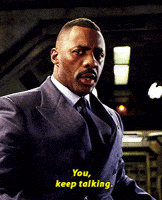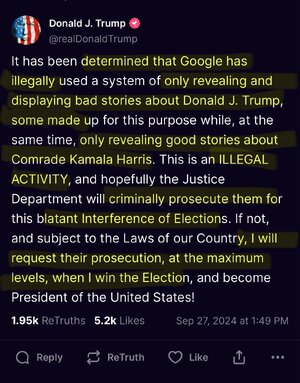Mulberry Heel
Inconceivable Member
- Messages
- 3,936
A revision of Reagan's infamous "Star Wars" defense shield that would shoot down all those Soviet missiles before they hit us. Never implemented, of course.The problem is we can't afford to give Ukraine aid AND build an "iron dome" to protect our entire country.
America first,baby !

Trump's 'most ridiculous idea yet' demolished by experts
Former President Donald Trump has vowed to construct an Israeli-style "iron dome" missile defense shield across the United States should he win a second term.Mother Jones reporter Sophie Hurwitz recently spoke with some defense experts about this proposal and they were uniform in saying that it...www.rawstory.com


